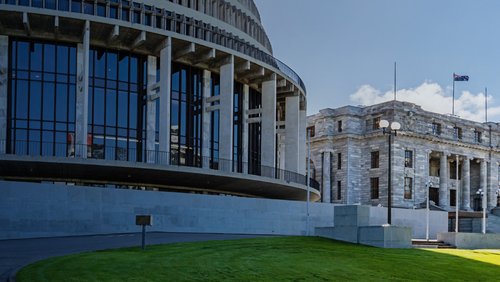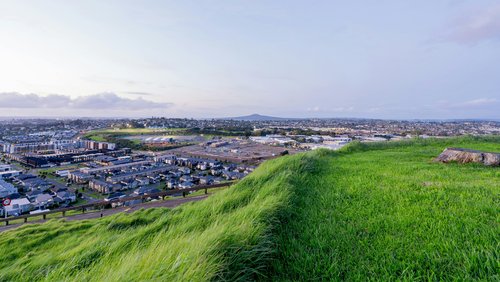3 Apr 2023
Engineering New Zealand has released a report showing engineering contributes between $14.6 and $18.1 billion a year to New Zealand’s GDP – and that we will need almost 2,500 more engineers every year just to keep up with demand.
The report by PwC shows engineering positions produce an average of about $228,000 of GDP per employee per year – nearly twice as much as the average New Zealand worker.
Engineering New Zealand Chief Executive Richard Templer says, “It’s great to have an estimate of what engineering is worth to New Zealand.”
“To understand how engineering contributes, PwC had to look inside every industry. Engineering spans the whole economy, from the things that most people associate with engineering, like structural and civil projects that build the infrastructure all New Zealanders rely on, to more niche areas, like food-processing engineering, artificial intelligence and biomechanical implants.”
PwC estimates about 77,000 engineers are currently employed in New Zealand – around 3 percent of the workforce.
The report says New Zealand will need almost 2,500 engineers every year assuming long-term economic growth of 3 percent. This doesn’t include the new engineers we need to replace those who retire, leave the profession or go overseas.
Templer says, “In many ways the report has confirmed what we know – that engineers are of immense value to New Zealand’s economy, and that there’s a need for more engineering talent in New Zealand.”
Templer also recognises the need to support diversity within the profession. “Only 18 percent of Engineering New Zealand’s members are women, and Māori and Pasifika are also underrepresented. In order to serve our communities effectively, engineers need to be more representative of those communities.”
He points to initiatives like The Diversity Agenda and The Wonder Project, which aim to foster a more inclusive environment and show that engineering is for everyone.
“Engineering is an incredibly varied profession,” says Templer. “If you enjoy solving problems there’s bound to be a career path in engineering that excites and interests you.”
Templer says engineers are on the frontlines of some of the most pressing issues of our time. “Taking action to mitigate and adapt to the worst effects of climate change will rely on innovations in almost every sector. Efforts like rolling out more renewable energy, upscaling alternative transport options and developing new methods of food production are vital contributions to our collective futures.
“Engineers do amazing mahi and we need more of them, and Engineering New Zealand Te Ao Rangahau is here to support you no matter where you are in your training or career,” he says.
Notes to reporters
Engineering New Zealand Te Ao Rangahau is New Zealand's professional body for engineers, with some 22,000 members. We represent, support and regulate our members. We also act as the Registration Authority for Chartered Professional Engineers.
In 2020, 9.4% of New Zealand’s graduates studied engineering. The OECD average is 13.7%*.
The PwC report on the value of engineering is part of Engineering New Zealand’s ongoing efforts to better understand the value of engineering in New Zealand and how we can support more people into engineering careers. It followed an earlier National Engineering Education Plan project which helped to highlight the need to increase engineering talent in New Zealand and lead government to establish priority funding for engineering and create the Engineering Education to Employment Programme.
International agreements enable New Zealand engineering qualifications to be recognised overseas and valid overseas engineering qualifications to be recognised here. This not only enables New Zealand to import valuable engineering talent into the country but adds value to local qualifications, making them a more attractive option when choosing a career path.
The full report from PwC is available on our website. Explore the full campaign on the Engineering for Everyone webpages.
For more information or to arrange an interview, contact Lachlan McKenzie on 021 479 885.
*OECD (2023), Tertiary graduates by field (indicator)







